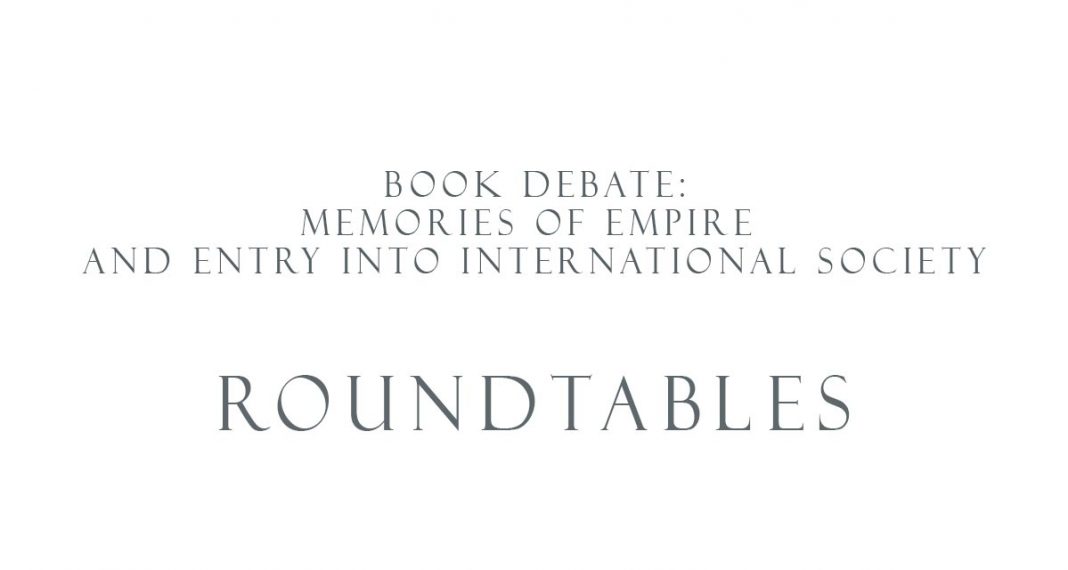Book debate: Memories of Empire and Entry into International Society
On 18 September, GIC hosted a debate about the book Memories of Empire and Entry into International Society: the views from the European Periphery (Routledge 2017). The book was edited by Filip Ejdus who also chaired the debate with Iver B. Neumann, Richard Little and Yongjin Zhang.
On 18 September, GIC hosted a debate about the book Memories of Empire and Entry into International Society: the views from the European Periphery (Routledge 2017). The book was edited by Filip Ejdus who also chaired the debate with Iver B. Neumann, Richard Little and Yongjin Zhang.
The book investigates the role of memories for the expansion of international society. By cross-fertilising the English School approach to International Relations with memory studies, the book argues that the memories of empire and suzerainty are key to understanding sociological aspects of the expansion of anarchical society.
Empirically, the volume investigates the entry into international society of seven countries: Belarus, Bulgaria, Greece, Poland, Serbia, Slovakia and Romania. In particular, the book studies how and to what effect nation builders in those states, which came into existence on the ashes of three empires – Austro-Hungarian, Russian and Ottoman – activated memories of bygone polities to stake their claims as they were entering the society of sovereign states.
The debate started with the presentation of professor Iver Neumann, who also wrote the introduction to the book. In his talk, Neumann focused on the theoretical move that the book makes from “the expansion” to “the enlargement” of international society.
Next up was professor emeritus Richard Little who reflected upon the contribution that the book makes to the English School literature on the expansion of international society, jumpstarted by Hedley Bull and Adam Watson in 1984. Finally, professor Zhang picked up on several key ideas advanced by the book such as its conceptualisation of entry into international society as a long socio-political process and its empirical focus on the liminal space at the periphery of Europe.
The three interventions were followed by questions from the audience and a lively discussion. All three participants in the debate agreed that the book makes an important conceptual and empirical contribution to the English School literature and opens exciting avenues for further research.

